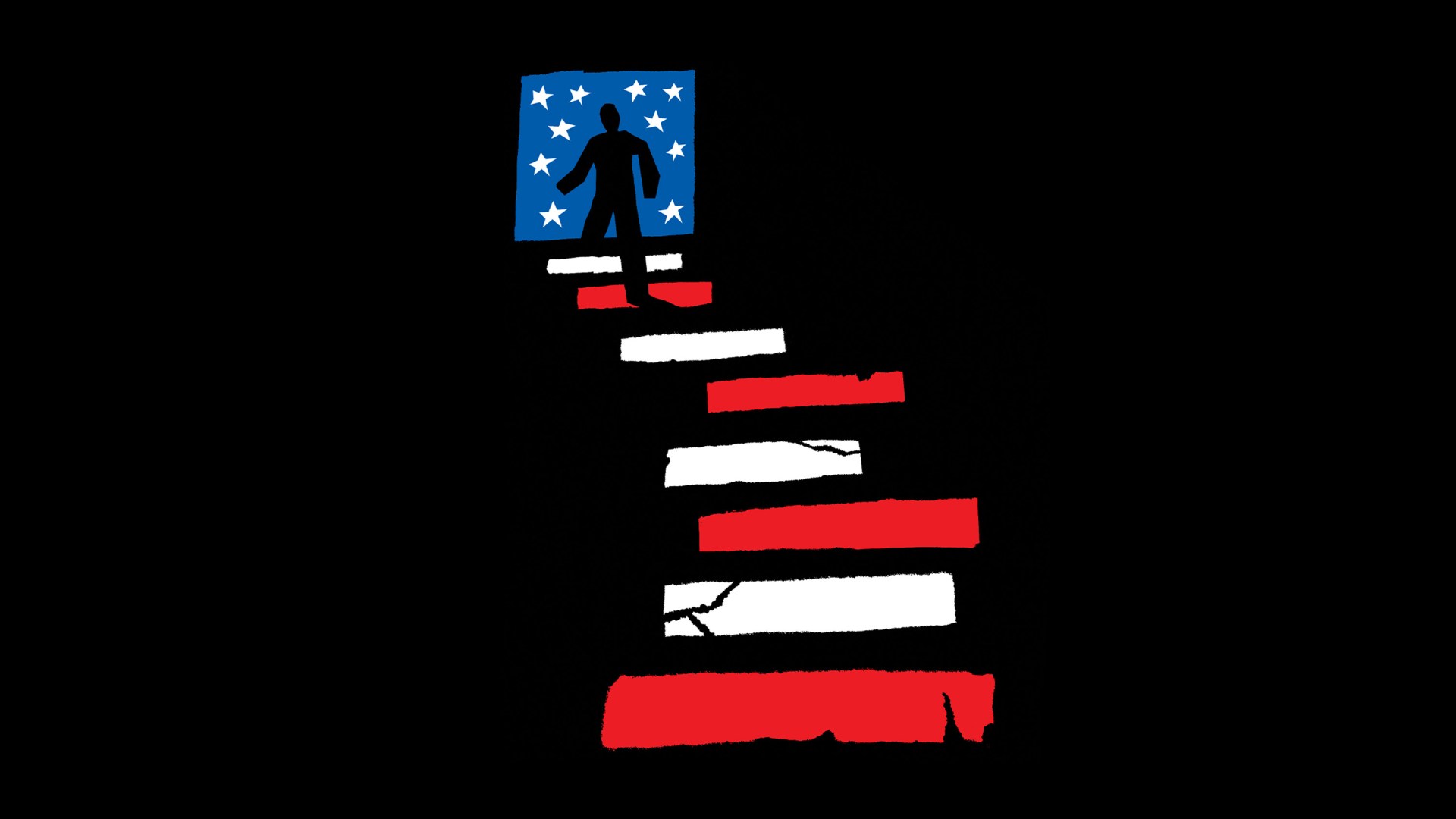In the Bible, ancient Israel wrestled with how to restrain corrupt rulers. A modern-day version of that political question went before the US Supreme Court, which ruled Monday on when a president can be prosecuted for criminal behavior.
The case revolved around former president Donald Trump’s attempts to interfere with the 2020 election results. Ultimately, the Court decided that presidents have absolute immunity for official acts related to core constitutional duties while in office and presumptive immunity for official acts that don’t fall under core powers, but cannot be granted immunity for private acts.
Some evangelicals have expressed disappointment in Trump’s actions and support for the resulting criminal charges, saying they are eager to hold their executives to higher ethical standards, especially if they claim Christ. Trump supporters, though, have seen the efforts to prosecute him as unjust and politically motivated.
While Trump and his backers viewed the Court as siding with the former president, reactions were mixed among his opponents. Some were concerned about putting leaders “above the law,” while others saw the lack of immunity for unofficial acts as a significant check on executive power.
Daniel Darling, who is director of the Southwestern Baptist Theological Seminary’s Land Center for Cultural Engagement and has been critical of Trump, said reactions to the decision were perhaps overblown.
“Despite the screaming, the Court has strengthened democracy,” he wrote on X. “Trump has to prove his election-meddling was part of official acts. The government has to prove they weren’t. The court seems to lean in the direction that they weren’t.”
Some evangelical critics of Trump have relied on biblical appeals that Trump’s actions undermined the rule of law, making him unable to govern. Foremost among them is David French, a New York Times columnist, who wrote in response to the decision that “the court might say that presidents aren’t above the law, but in reality, it established an extraordinarily broad zone of absolute immunity for presidents.”
He added that this immunity, combined with the president’s ability to deploy troops, even on American soil under the Insurrection Act, would have “dangerous potential implications.”
The historic ruling in Donald J. Trump v. United States returned the case back to the trial court for more analysis on which of Trump’s actions were official before making a judgment about moving forward with a trial.
While the case on the surface deals with weighty legal matters of contemporary politics, one legal expert said the questions around the rule of law at the heart of the case are the same controversies that biblical figures wrestled with in the Old Testament.
“Much of the Old Testament are stories of kings abusing their power,” Robert Cochran, professor emeritus at Pepperdine’s Caruso School of Law and coeditor of a 2013 InterVarsity Press book, Law and the Bible, told CT.
He pointed to the story of King Ahab, who coveted a vineyard owned by a man named Naboth. Naboth refused to sell. So Queen Jezebel had him killed, and Ahab took the vineyard.
Prior to Israel installing a king, the nation suffered from the opposite problem of general lawlessness. The Book of Judges explored the need for someone to be in charge, due to chaos caused by human sin, and the concern that human-held power is liable to corruption.
Cochran pointed to the last five chapters of Judges, where people unrestrained by the rule of law committed rapes, mass murders, kidnappings, and forced marriages (Judges 17–21).
“At the end of each story appears the refrain ‘In those days Israel had no king; all the people did whatever seemed right in their own eyes,’” Cochran said, citing Judges 21:25 (NLT). “The implication is clear: Israel needs a strong executive to enforce the law.”
But establishing a king did not fix ancient Israel’s problems either.
Donald Trump’s case puts this same tension on display, Cochran said. “Both sides are arguing that the other side will abuse power if not restrained. .… We need a rule that will enable presidents to govern effectively, but one under which they will not abuse their power.”
Special counsel Jack Smith, who secured an indictment from a grand jury on four felony charges against Trump in the case, has made the argument throughout the proceedings that blanket immunity would make presidents unanswerable to the rule of law.
Smith accused Trump of conspiring to subvert the will of millions of American citizens and attempting to violate the peaceful transfer of power through election interference.
Meanwhile, Trump’s legal team argued that unless presidents have far-reaching immunity, they are vulnerable to prosecutions by politically motivated bad actors once they leave office.
The decision means the lower court will determine whether Trump’s actions that are at the heart of the trial were official or unofficial and whether Smith can move forward in prosecuting Trump for the latter. It likely means some allegations Smith had made against Trump, which involved communications between Trump and Justice Department officials, won’t be grounds for prosecution.
The Supreme Court majority said the decision was not a power grab for the executive branch: “The President enjoys no immunity for his unofficial acts, and not everything the President does is official. The President is not above the law.”
The minority saw things differently. “The President is now a king above the law,” Justice Sonia Sotomayor wrote in a strongly worded dissent.
Trump celebrated the outcome on his social media network, Truth Social, writing in all capital letters: “BIG WIN FOR OUR CONSTITUTION AND DEMOCRACY. PROUD TO BE AN AMERICAN!”
His supporters also applauded the ruling.
“Today the Supreme Court decided on what a majority of Americans already knew—that the DOJ was weaponized against Trump,” Sen. James Lankford, an Oklahoma Republican and former Southern Baptist pastor, wrote on social media. “No candidate or party should be attacked by their political opponents.”
Critics remained skeptical. Napp Nazworth, director of the American Values Coalition and former politics editor for The Christian Post said the decision “could’ve been worse.” But he questioned the ruling overall.
“Is a coup attempt an official act? This seems to be an open question for a majority of the court,” he wrote on Threads. A Never Trumper, Nazworth has long held that Trump would have a corrosive impact on the public witness of the church.
The decision today makes it extremely unlikely that Trump will face a trial before voters head to the polls in November.
Legal scholars predicted that, should Trump win the presidency a second time, it’s unlikely the case will proceed further.
“If Trump were to be reelected and this case is still out there, it is highly likely that he would take one of several paths to getting the Justice Department to dismiss the case,” George Mason University law professor Ilya Somin told CT. He also noted a standing Justice Department policy against prosecuting sitting presidents. In addition, there’s the open question of whether Trump would pardon himself.
“There’s other ways that you could do it,” Somin added. “But I think the bottom line is that he would find some way to put an end to the case.”





































